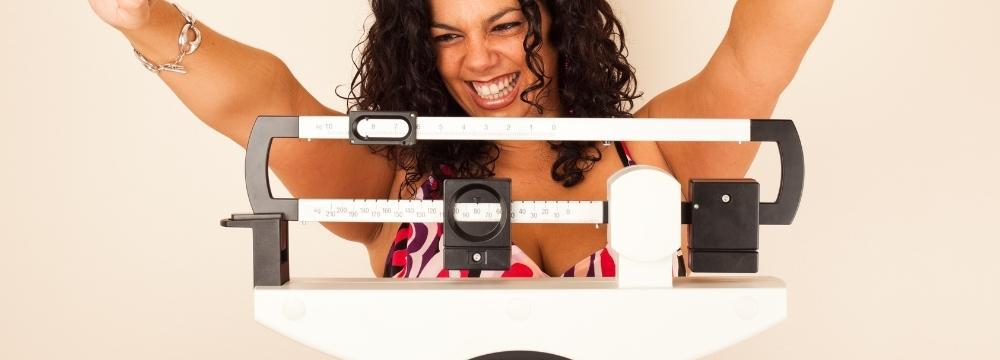By Hussain Abbas, MD, FACS, Minimally Invasive Surgeon at MASJax
One of the very common question that I hear from my patients when I ask what delayed them in coming in and seeing me for their excess weight is: “Everybody’s telling me surgery is the easy route out.”
That is absolutely not true and the reason it’s not true is because most people, including some clinicians, don’t tend to understand what causes obesity. You see, today, we understand obesity as a chronic relapsing problem. It is a disease…not just a lifestyle choice and certainly not a personal failing. And when you look at obesity as a disease, all viable options for curing the disease are on the table. Indeed, for virtually any other disease where surgery is the most effective long-term improvement or resolution option, patients and clinicians don’t hesitate to recommend or choose it. You might say that obesity is not in the same league as cardiovascular problems or even cancer, however we know that morbid obesity can increase the risk of developing or worsening these diseases significantly.
Let’s put this in perspective with a few examples.
Say you are overweight by 150 pounds. Can you diet and lose that weight? It’s a possibility, but let’s be realistic about how long it would take you to actually lose that 150 pounds? It would probably take you 10 years or more. That’s if you kept losing 10 pounds a year, consistently, year in and year out and without putting any weight back on. You see, when you’ve been obese for a long period of time, your brain sets a thermostat of sorts – a weight thermostat – to this higher level and it is very difficult for you to naturally lower it. We call it a set point. Bearing that in mind, we routinely see data that shows only about 5 to 10% of obese patients resolving their disease long-term with diet and exercise alone. Conversely, 70 to 80% of patients who undergo bariatric surgery keep the weight off long-term.
When you have surgery that does not mean that you do not diet, that you do not make drastic changes to your lifestyle and that you do not change everything that you are doing before surgery. However, you may get the benefits of lowering your blood pressure, coming off some medication or device helping you with sleep apnea (if you are not able to breathe properly at night because of your weight) and simply giving you a much more fulfilling life.
Remember, there is no magic answer to losing weight. Everybody struggles with the scale. However, surgery is a very powerful tool. If I told you, for example, that we are going to Ireland. We’re right here in Jacksonville. We have two ways to get there. Dieting alone is kind of like you swimming from Jax Beach all the way to Ireland. Whereas with surgery, you still have to do quite a bit of swimming, but we have a tool that will actually drop you 200 feet off the shore of Ireland and then you do the rest yourself. With this example, you can see what surgery can do for you. It gives you the ability and possibility to implement a new, sustainable lifestyle that leads to better diet and exercise habits for longer-term weight loss.
I hope these examples explain to you that surgery is not a cop-out…it’s not the easy way out. Rather, it is a very powerful tool and it is essential for a vast majority of patients who are actually overweight and suffer from the comorbidities or side-effects associated with morbid obesity.
Dr. Husain Abbas is a leader in the field of minimally invasive and robotic bariatric surgery in the Jacksonville area. He is part of MASJax, a practice composed of four bariatric, general and colorectal surgeons. MAS is one of the oldest and most experienced surgical groups in the Jacksonville area. Dr. Abbas leads free seminars about obesity and weight loss surgery on a monthly basis. You can also watch a seminar online 24/7.









